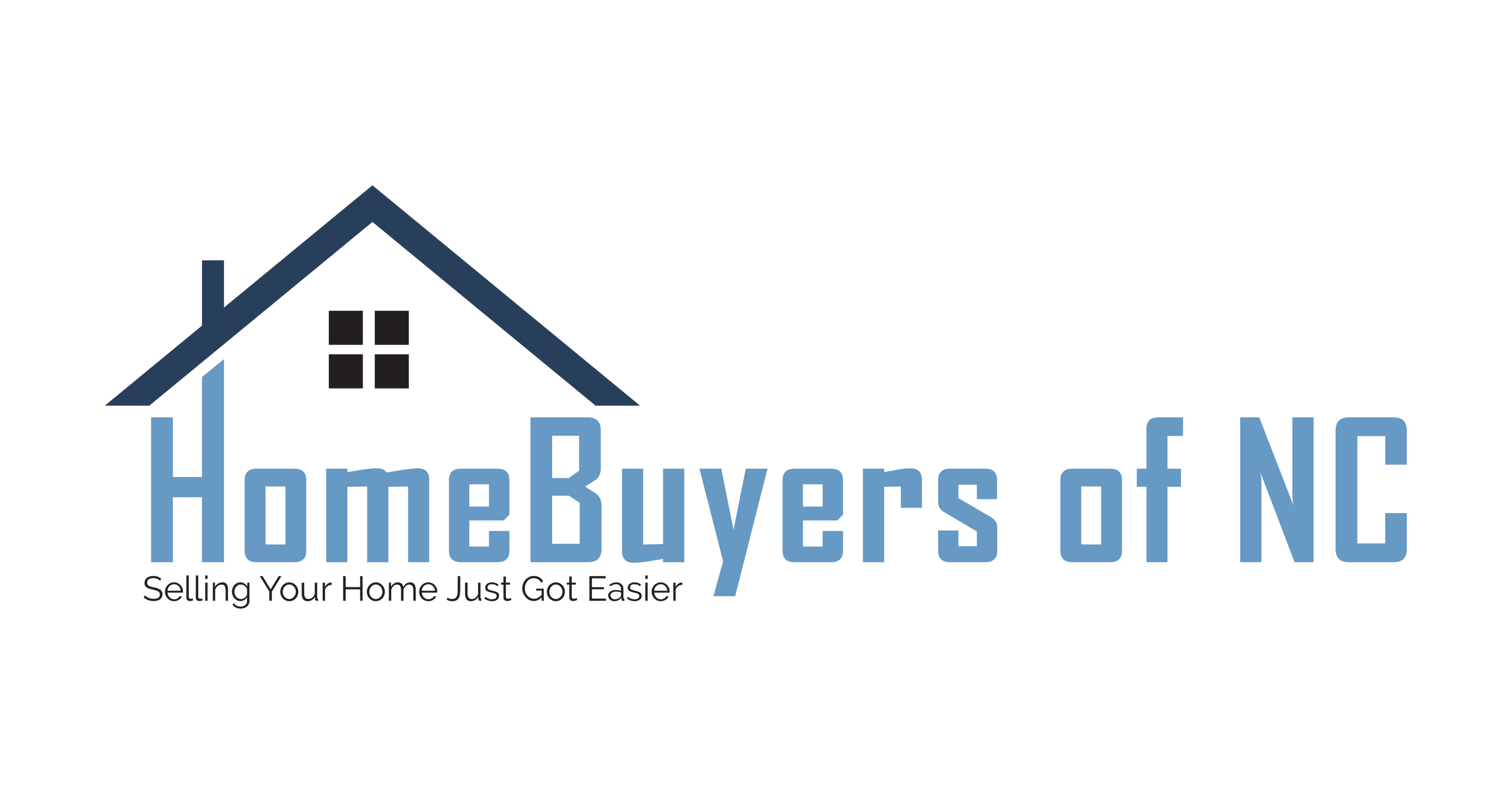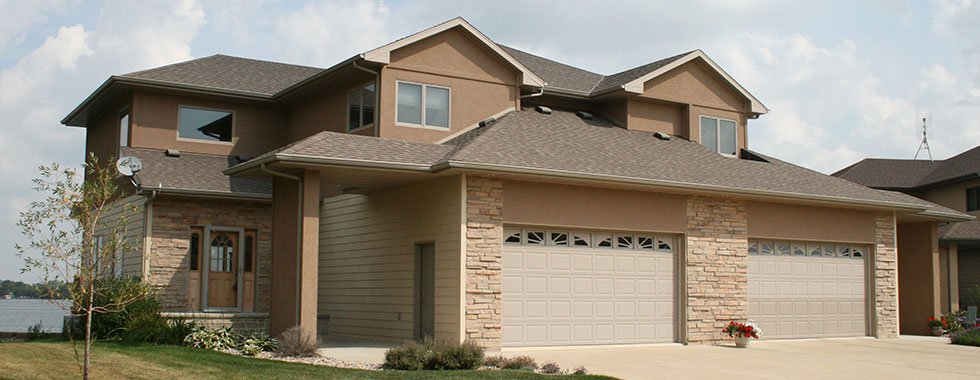
Introduction:
Foreclosure is a legal process through which a lender repossesses a property when the homeowner fails to make mortgage payments as agreed upon in the loan agreement. In North Carolina, as in many other states, the foreclosure process is governed by a combination of federal and state laws. Understanding these laws and the specific procedures involved is crucial for homeowners facing foreclosure or seeking to prevent it. This comprehensive guide aims to shed light on the foreclosure process in North Carolina, covering its legal framework, key stages, homeowner rights, and potential alternatives.
Legal Framework:
North Carolina primarily follows non-judicial foreclosure laws, meaning the foreclosure process typically occurs without court intervention. The primary statute governing foreclosure in North Carolina is Chapter 45 of the North Carolina General Statutes, which outlines the procedures and requirements for both judicial and non-judicial foreclosures. Additionally, federal laws such as the Truth in Lending Act (TILA) and the Real Estate Settlement Procedures Act (RESPA) provide additional protections for homeowners during the foreclosure process.
Key Stages of Foreclosure:
- Notice of Default: The foreclosure process is initiated when the homeowner defaults on their mortgage payments. The lender is required to issue a Notice of Default, notifying the borrower of their delinquency and the lender’s intention to foreclose on the property.
- Pre-Foreclosure Period: After receiving the Notice of Default, the borrower enters a pre-foreclosure period during which they have the opportunity to cure the default by paying the overdue amount. In North Carolina, this period is typically 45 days, although it can vary depending on the terms of the mortgage agreement.
- Notice of Sale: If the borrower fails to cure the default within the pre-foreclosure period, the lender must issue a Notice of Sale. This notice must be published in a newspaper and posted on the property at least 20 days before the scheduled sale date. The Notice of Sale includes details such as the date, time, and location of the foreclosure sale.
- Foreclosure Sale: The foreclosure sale is conducted as a public auction, usually held at the county courthouse or another public venue. The property is sold to the highest bidder, with the lender often bidding the amount owed on the mortgage. The winning bidder receives a Trustee’s Deed upon sale, transferring ownership of the property.
- Redemption Period: In North Carolina, there is no statutory right of redemption for the borrower after the foreclosure sale. Once the property is sold at auction, the borrower loses all ownership rights, and the new owner takes possession of the property.
Rights of Homeowners:
Despite the stringent foreclosure laws in North Carolina, homeowners have certain rights and protections throughout the foreclosure process. These rights include:
- Right to Reinstate: Before the foreclosure sale, homeowners have the right to reinstate the loan by paying all overdue amounts, plus any applicable fees. This allows borrowers to bring their mortgage current and avoid foreclosure.
- Right to Notice: Homeowners are entitled to receive notices at various stages of the foreclosure process, including the Notice of Default, Notice of Sale, and any other relevant communications from the lender or foreclosure trustee.
- Right to Contest: Homeowners have the right to contest the foreclosure proceedings if they believe there are legal or procedural irregularities. This may involve filing a lawsuit or seeking legal assistance to challenge the foreclosure in court.
Alternatives to Foreclosure:
Facing foreclosure can be a daunting prospect, but homeowners in North Carolina have several alternatives to foreclosure that may help them avoid the loss of their home. Some of these alternatives include:
- Loan Modification: Lenders may be willing to modify the terms of the loan to make payments more manageable for the borrower. This could involve lowering the interest rate, extending the loan term, or reducing the principal balance.
- Short Sale: In a short sale, the lender agrees to accept less than the full amount owed on the mortgage by allowing the homeowner to sell the property for less than the outstanding balance. This can be an option for homeowners who owe more on their mortgage than the property is worth.
- Deed in Lieu of Foreclosure: With a deed in lieu of foreclosure, the homeowner voluntarily transfers ownership of the property to the lender to satisfy the debt, avoiding the foreclosure process altogether. This option can be less damaging to the homeowner’s credit than foreclosure.
Conclusion:
In the intricate landscape of foreclosure proceedings in North Carolina, understanding the legal framework, rights of homeowners, and available alternatives is paramount. While the prospect of foreclosure can be daunting, homeowners in North Carolina have options to explore, including loan modification, short sales, or deeds in lieu of foreclosure. At Homebuyers of NC, we recognize the gravity of this situation and stand ready to assist homeowners with expert guidance and personalized solutions. By empowering homeowners with knowledge and support, we aim to help them navigate the foreclosure process with confidence and protect their homes and financial well-being. Contact Homebuyers of NC today to explore your options and embark on a path towards a brighter future.

